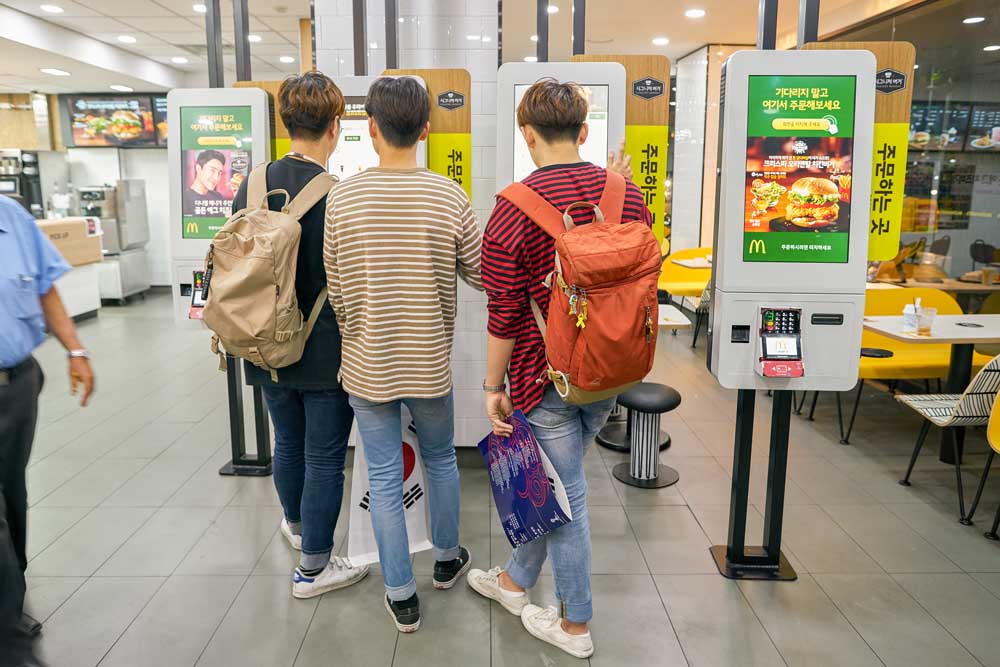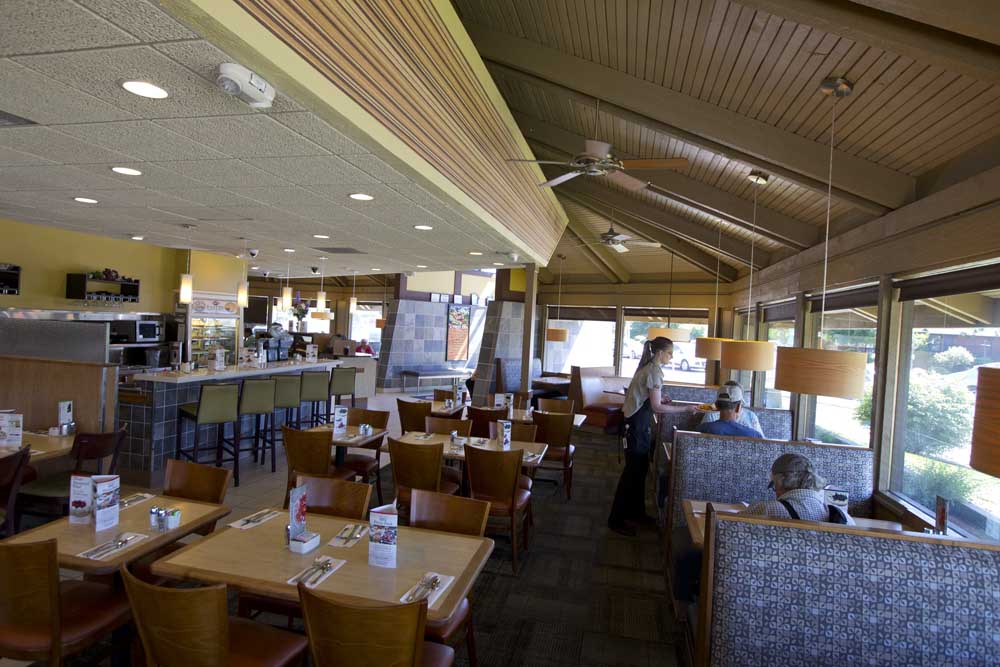Editorial: At fast-food eatery, jobs disappear as minimum wage rises
Published 12:00 am Sunday, June 17, 2018

- Customers use an ordering kiosk inside a McDonald's restaurant in Seoul, South Korea. (123RF)
Oregon has one of the highest minimum wages in the country, currently $10.25 per hour. When state lawmakers approved the increase in 2016, there were worries, chiefly in the business community, that the higher wage would cost people jobs.
It may already have. McDonald’s is adding self-order kiosks to some stores in Oregon, including at least one owned by Oregon state Rep. Janelle Bynum, D-Clackamas. Bynum and her husband own four Oregon McDonald’s, and the Oregon City one has shiny new self-order kiosks.
It’s an interesting choice for Bynum, a Democrat. After all, she’s made it clear she supports minimum wage increases, presumably because she believes workers deserve the pay increase. She does point out that the kiosks were being installed when her family purchased the store.
Bynum can no doubt hire fewer people if kiosks can do the job for some of them. That means fewer people calling in sick, fewer benefits to pay and no minimum wage to worry about. Moreover, a kiosk won’t accept a job one day only to quit a couple of days later when something better comes along.
Bynum says the kiosks are a matter of better customer service, not money. And, because McDonald’s now brings the food to your table, the change gives her employees the chance to improve their communication skills by delivering food to their customers.
Try to sell that argument to the next kid Bynum need not hire because of the kiosks.
High minimum wages are great for those working at minimum wage jobs. They’re far less great for those whose minimum wages have been replaced by kiosks, robots or some other non-human device.
Yet you can’t blame business for making the switch when it can. Robots save money, and in high minimum states like Oregon, those savings add up.






